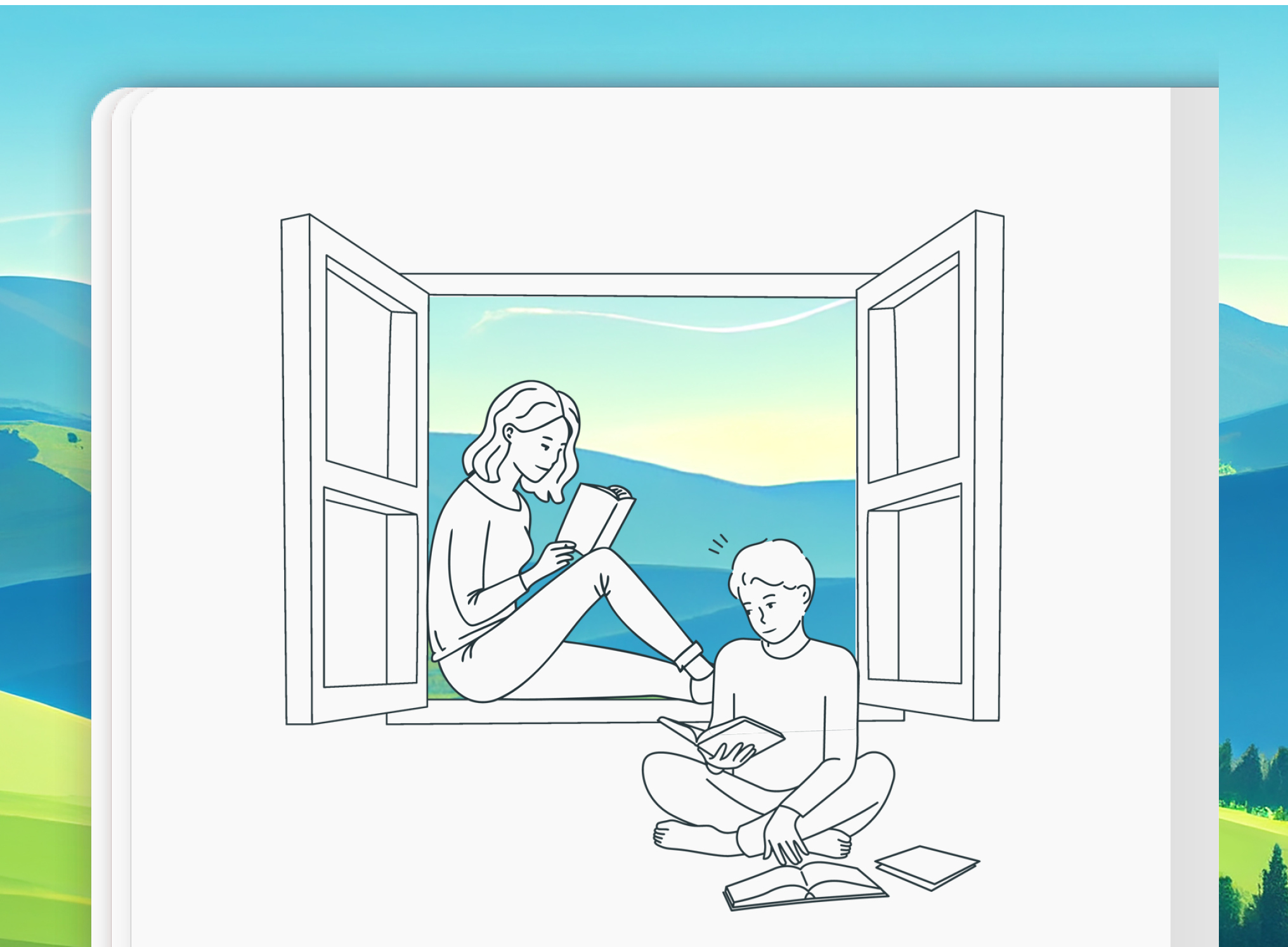For several months, Les Apprimeurs has been developing an inspiring partnership with the Montessori school La Chrysalide de l’Être in Saint-Nazaire, as part of the European PAGE project, which promotes accessible publishing and cultural participation for young adults with reading difficulties or developmental disabilities.
A First Cycle of Meetings Full of Exchanges
In spring 2025, we visited the students to talk with them about their reading habits, their interests, and the challenges they encounter with books. These conversations laid the groundwork for a meaningful dialogue, helping us better understand their needs, preferences, and perspectives.
A few weeks later, four students visited our offices at Le Jardin to explore the behind-the-scenes world of publishing. They interviewed our team, asked questions about our professions, and discovered the different steps involved in creating a book.
On October 10, we continued this immersion with a hands-on afternoon workshop titled “How Do You Make a Book?”. The 18 students who attended learned about the essential stages of book creation—from choosing a story to illustrating and typesetting it. Their enthusiasm, curiosity, and creativity made this session a truly special moment of shared learning.
Creating a Collective Book: The Next Step
This dynamic collaboration will continue in January 2026 with a series of creative workshops leading to the production of a collective book, imagined, written, and illustrated with the students of La Chrysalide.
Through this collective work, the students will experience every step of the bookmaking process while expressing their voices and imagination.
A Reading Committee to Select the Future PAGE Authors
In parallel, the students will take part in the next PAGE call for stories, which will run from December 2025 to May 2026. They will join a reading committee, working alongside our editorial team to discover the submitted stories, share their opinions, and contribute to the selection of the future books in the collection.
This role as readers—rarely accessible to young people with learning or developmental disabilities—offers a unique opportunity: it values their critical thinking, strengthens their confidence, and places them at the heart of a cultural process often reserved for experts.

